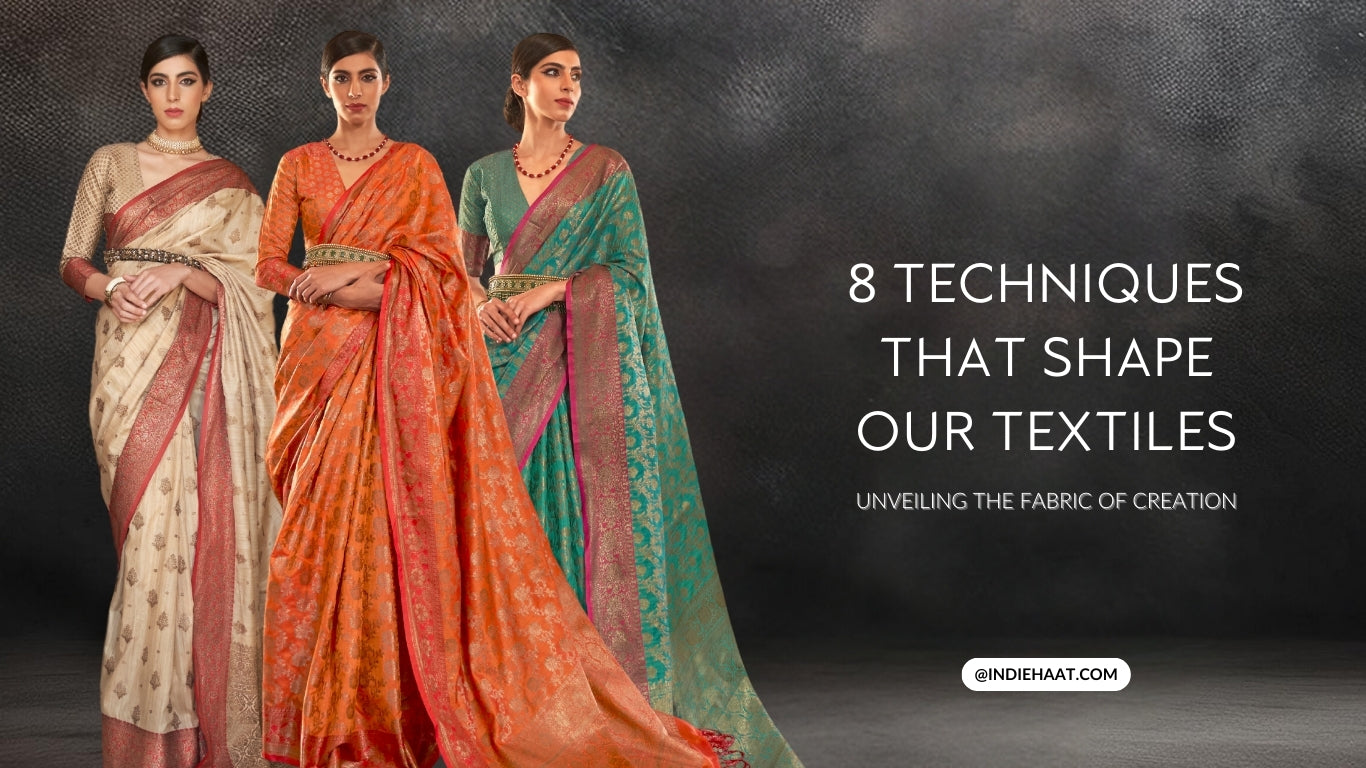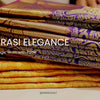Unveiling the Fabric of Creation: 8 Techniques That Shape Our Textiles

Textiles are an integral part of our daily lives, from the clothes we wear to the furnishings in our homes. But have you ever stopped to wonder how these fabrics are made? Each fabric is a product of intricate techniques, combining tradition, craftsmanship, and innovation. In this post, we’ll take you behind the scenes and explore eight essential techniques that shape the textile world.
1. Weaving: The Art of Interlacement
Weaving is one of the oldest textile techniques, creating fabric by interlacing warp (vertical) and weft (horizontal) threads. The result is a variety of fabrics such as plain weave, twill, and satin. Weaving offers remarkable strength and versatility, and fabrics like satin are known for their luxurious sheen. You’ll find woven fabrics in everything from upholstery to formal attire, offering durability and timeless elegance.
2. Knitting: The Comfort of Loops
Knitting involves creating fabric by interlocking loops of yarn, which makes it inherently stretchy and comfortable. The softness and flexibility of knitted fabrics make them perfect for casual wear like T-shirts, sweaters, and scarves. Knitting is a key player in the world of cozy and breathable fabrics that move with your body.
3. Non-Wovens: A World Beyond the Loom
Unlike traditional methods, non-woven fabrics are created by bonding or fusing fibers together without weaving or knitting. These materials are lightweight and breathable, often found in disposable products like medical masks, wipes, and insulation. Their efficiency and adaptability make non-wovens essential in industries ranging from healthcare to construction.
4. Braiding: Strength and Flexibility Combined
Braiding may remind you of crafting hair, but in textiles, it involves interlacing multiple yarns or fibers to create strong, flexible structures. Braided textiles are commonly used in ropes, shoelaces, and other durable items. This technique ensures strength without compromising on flexibility, making it perfect for items that need to withstand tension.
5. Felting: Crafting Dense Warmth
Felting is a process that involves matting and pressing fibers together to create a dense, non-woven fabric. Popular for its insulation properties, felt is used in winter hats, coats, and even craft projects. Felted fabrics offer warmth and softness, making them ideal for cold-weather gear and unique artistic creations.
6. Tufting: Adding Plush Texture
If you’ve ever admired a plush carpet, chances are it was created through tufting. This technique involves inserting loops or tufts of yarn into a fabric base, then cutting them to create a textured surface. Tufting is commonly used for carpets, rugs, and upholstery, offering both functionality and design versatility.
7. Dyeing and Printing: Colorful Expression
Once a fabric is created, adding color and pattern is key to its aesthetic appeal. Dyeing saturates fabric with color, while printing applies patterns to its surface. Both techniques allow for endless customization and creativity, from bold prints to subtle shades, transforming a plain piece of fabric into a work of art.
8. Finishing Touches: Enhancing Performance
Finishing is the final step in fabric production, where treatments are applied to enhance the fabric’s properties. Wrinkle resistance, waterproofing, and stain repellency are just a few examples of finishes that add functionality. These treatments are vital for making fabrics more durable, practical, and suitable for specific applications.
Conclusion: The Art and Science of Textiles
The world of textiles is a blend of artistry, tradition, and science. From the simple elegance of a woven silk to the cozy embrace of a knitted sweater, each fabric carries with it a story of creation. As you browse through your wardrobe or home, take a moment to appreciate the incredible techniques that bring these fabrics to life.
-
Posted in
dyeing, fabric, heritage, indian textile, innovation, intricate designs, prints, sustainability, technology, timeless art, traditional, weaving





